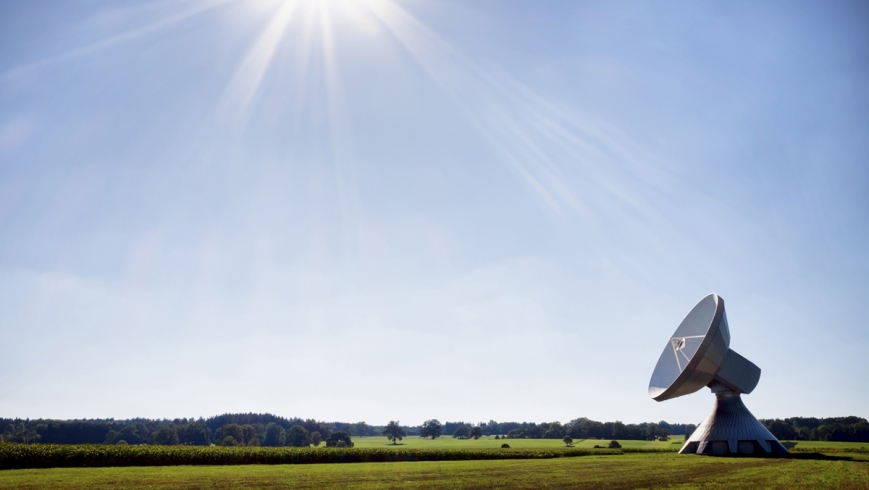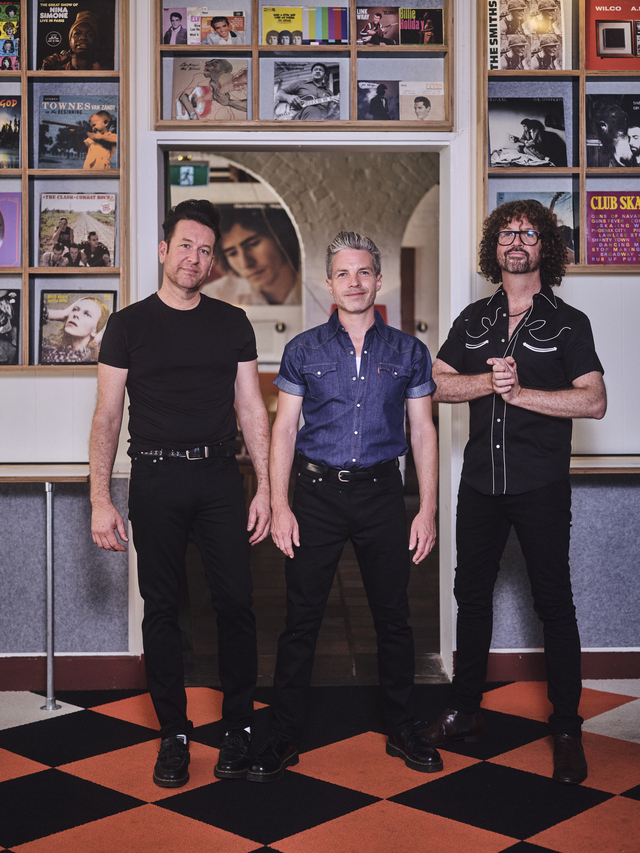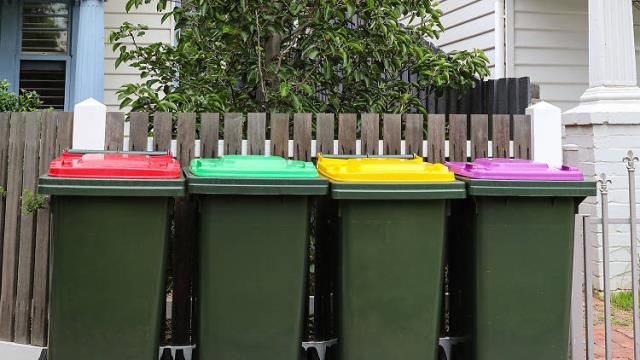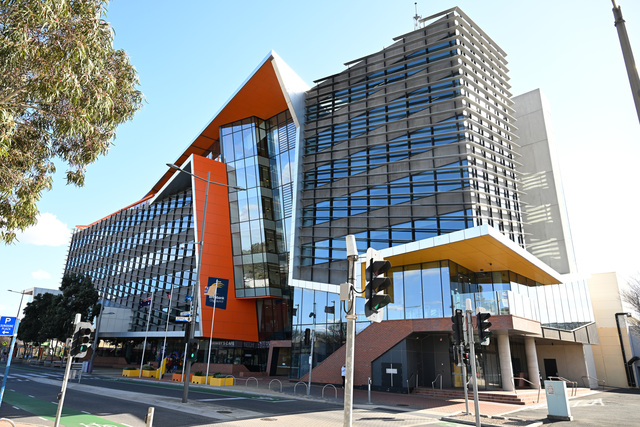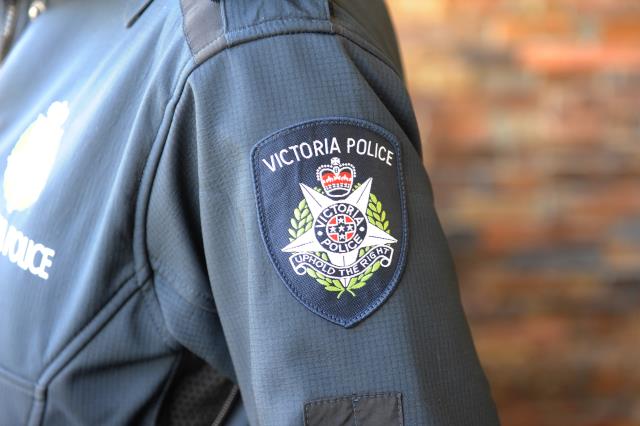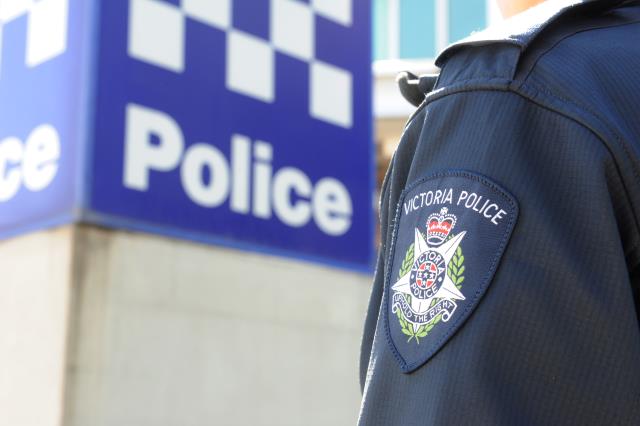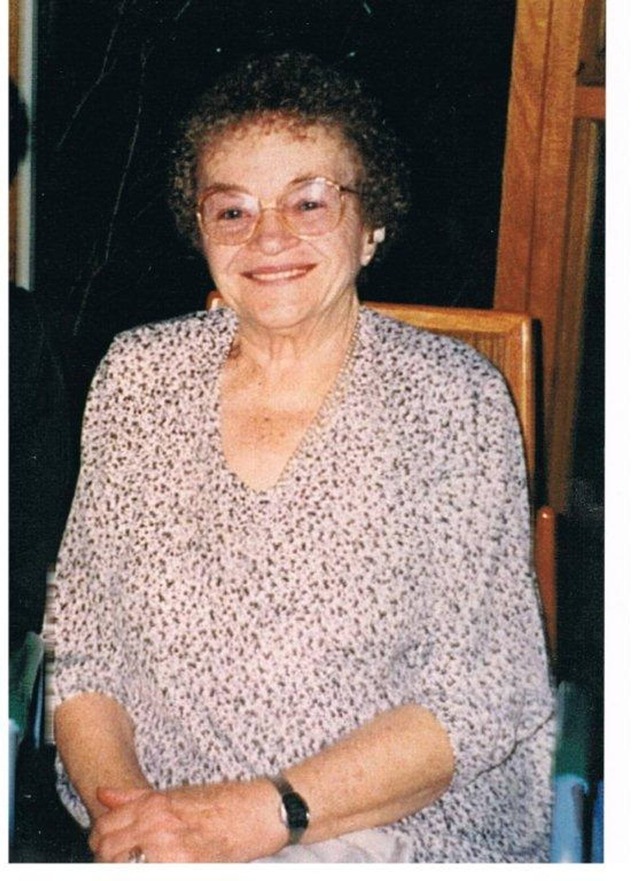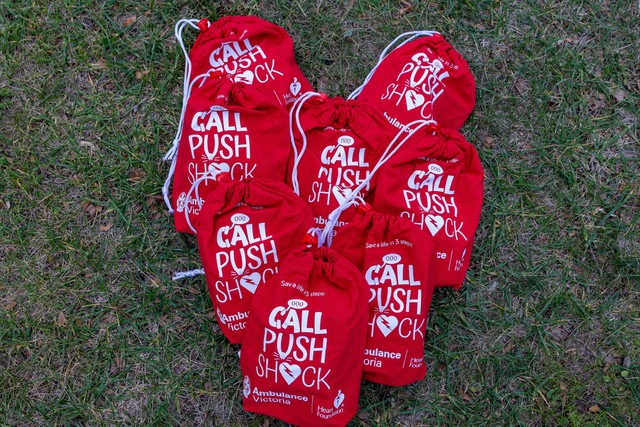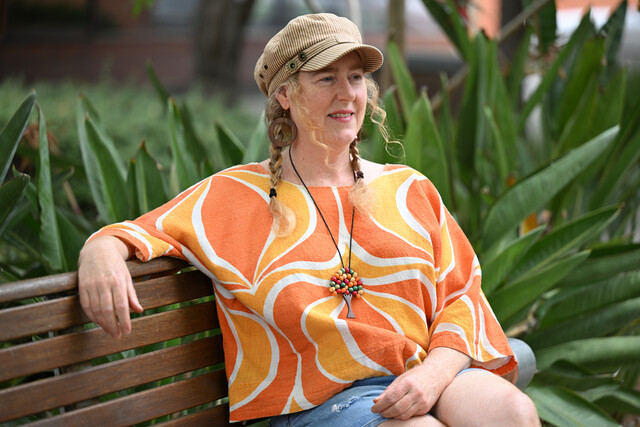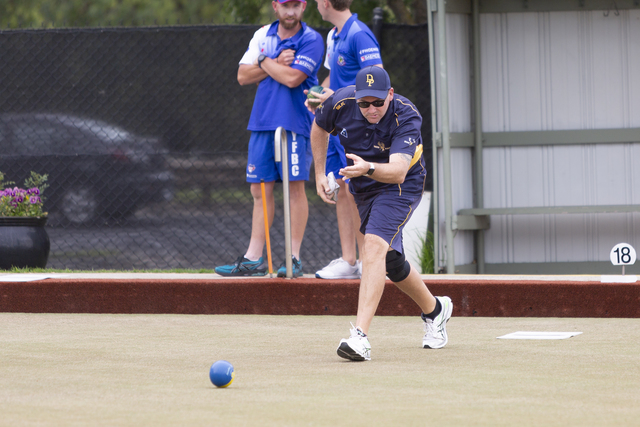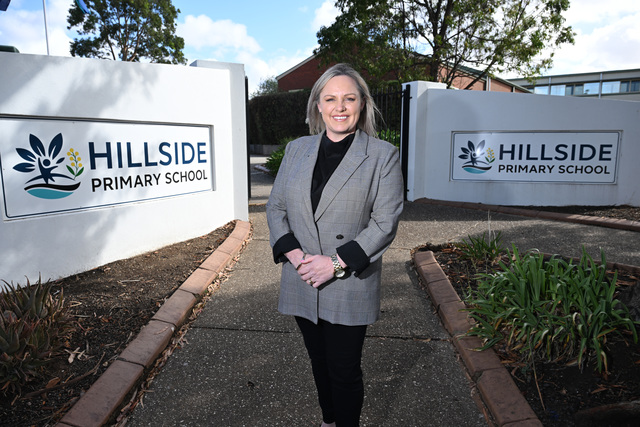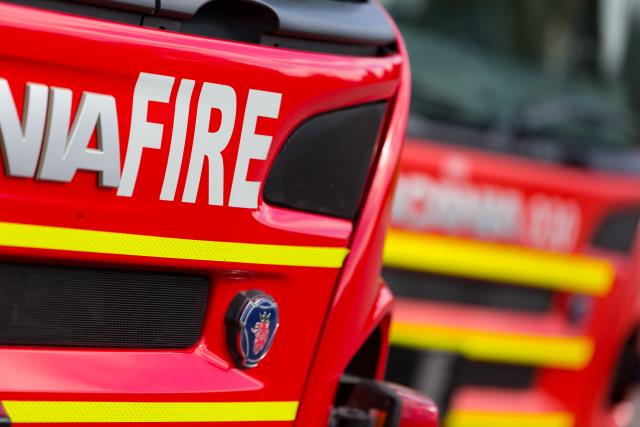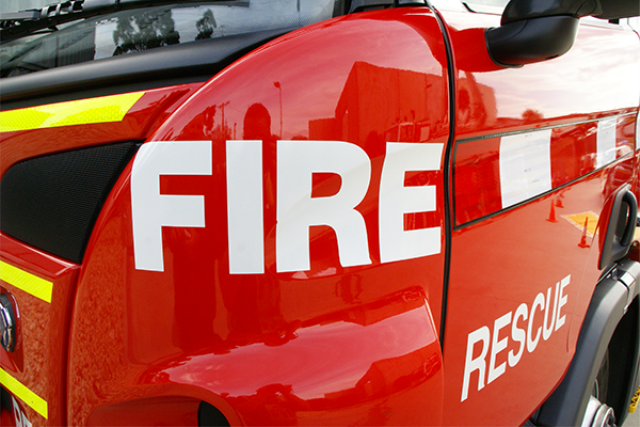And so go gentle into that good night. Do not rage, rage against the dying of the light.
Dylan Thomas was wrong about how good men and wise men should go. His most famous poem should be recast as a lilting lullaby rather than an angry torrent of lament. Death is stealthily shrouding my dad and I believe he welcomes its embrace.
For a time after mum died, it seemed he might beat the odds on old folk who swiftly follow their partners to the grave. But in recent weeks he has become thinner, paler, weaker, to the point that he seems, on some days, to have lost all appetite for living.
The death of his last surviving brother before Christmas and then, last month, of his Aunt Shirley – the youngest and last of his own mother’s sprawling range of 14 siblings – has left him with no one with whom he shares early memories.
People talk of the importance of leaving elderly people in their own homes for as long as possible, but what they don’t say is that this, too, becomes a prison.
He no longer leaves the house for anything other than medical appointments.
The paper lies in the drive until someone arrives to bring it in. Bathroom, chair, bathroom, chair, bathroom, chair, bathroom, bed is his range as his failing body heaps yet more indignities upon him.
Little tufts of carpet wool mark his passage as, unable to lift his feet, he scuffs across the floor on his walking frame. Every trip – and there might be 10 to the bathroom in the morning – takes so much effort it’s like he’s skiing uphill through treacle.
I know he longs to slip away in his sleep – the quiet, modest, neat man he has always been – untroubled by the nightmares that have frequently plagued him since his life became governed by a Webster-pak of medications, his body tormented by all manner of ills.
He was – no is, and always will be – quite something, you know.
I recently unearthed a photo of him with Sally Ride, the first American woman in space.
People talk about the Parkes radio telescope being used to receive live televised images from the Apollo 11 moon landing. But my dear old dad’s dish in Moree was a vital part of the relay of the signal, part of the overseas telecommunications network. It also helped relay Neil Armstrong’s first steps on the moon from NASA’s Honeysuckle Creek tracking station in Canberra.
All dad’s life was about communication. First Morse, telegraph, wireless, radio, cable, and then satellite. But now none of us seem to know what to say.
When mum was dying, I felt closer to her than ever before, even though we were physically separated because I’d taken myself off interstate: too gutless to stand by in those final days.
With dad I’m here but I feel him moving further and further away from me, away from the living.
Last night he wanted whisky, but there was none in the house so I bought him a bottle of Glenfiddich. He also managed a little chocolate ice-cream with his favourite topping of chicory syrup.
This morning I rang and he sounded quite bright.
“I’m OK, dear, I had a good night.”

